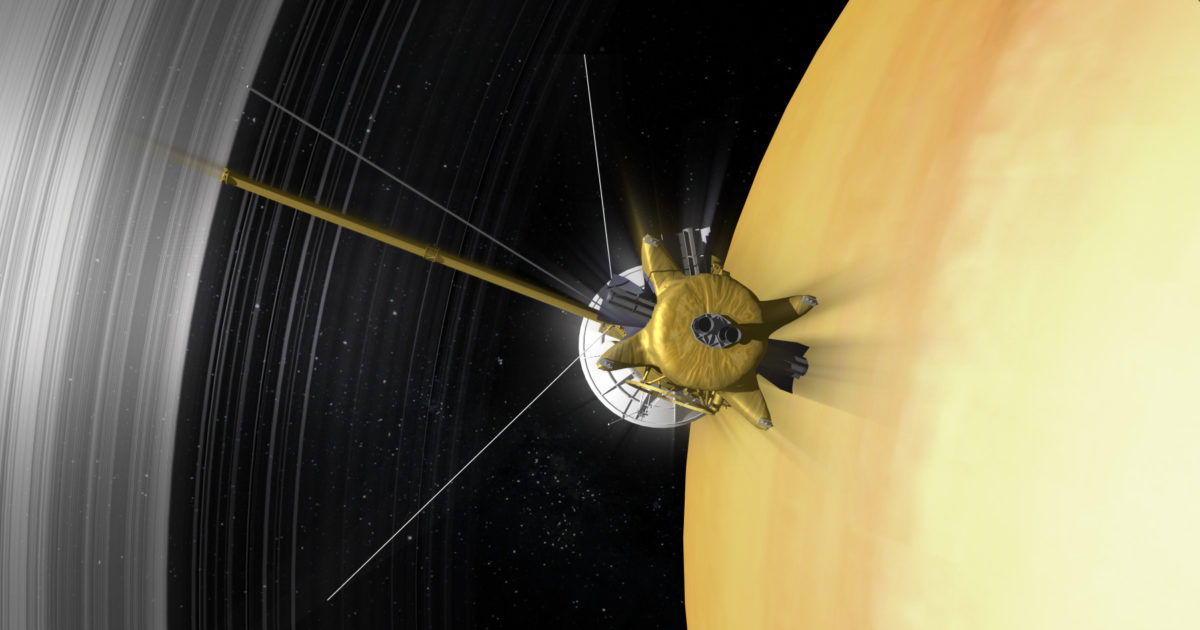Is Space Science Worth The Money?

Space science costs money. To study the Universe and the worlds within it, we have to employ scientists, build observatories and research facilities, and launch spacecraft — among other things. So why is it worth the money? What does space science do for society?
Space science is a broad field that includes disciplines like astrophysics, cosmology, planetary science, and the study of space weather and space environments. Space science uses observational tools such as optical and radio telescopes, exploration missions such as orbiters and rovers, computational and theoretical methods, and more. All of this work aims to understand the origin, evolution, structure, and mechanics of the Cosmos and all that exists within it.
The process of conducting space science also provides a societal benefit by being interrogative, rational, and collaborative. A society that cultivates these kinds of qualities enriches itself. That cultural richness is part of what gives science, including space science, value. Both the outcome (scientific knowledge) and the process (scientific inquiry) of space science are primary benefits.
Although governments around the world understand the value of basic science, it can be hard to prioritize its funding given the variety of competing needs within a nation. NASA's space science programs in 2024 amount to roughly 0.1% of annual U.S. spending, which represents a decrease in recent years. As such, space science sometimes needs to rely on justifications beyond its intrinsic value.
But, as Griffin explains , much of what humans do, from falling in love with one's spouse to enjoying one genre of music more than another, is based on emotional and intuitive motivations. This is a human characteristic, and it plays out in our drive to understand the Universe and our place within it. In many ways, this is why we invest in space science: we want to go to new places and discover new things, witness the beauty and majesty of the Cosmos, understand where we came from and what might be possible in our future, and achieve astonishing feats.
Comments
Post a Comment